Human Balancing
Dynamics between our Human Condition and Potential
Inspired by Antonio Damasio
The heights of Human Culture are created by our Incredible Capacities of:




HUMAN CULTURE

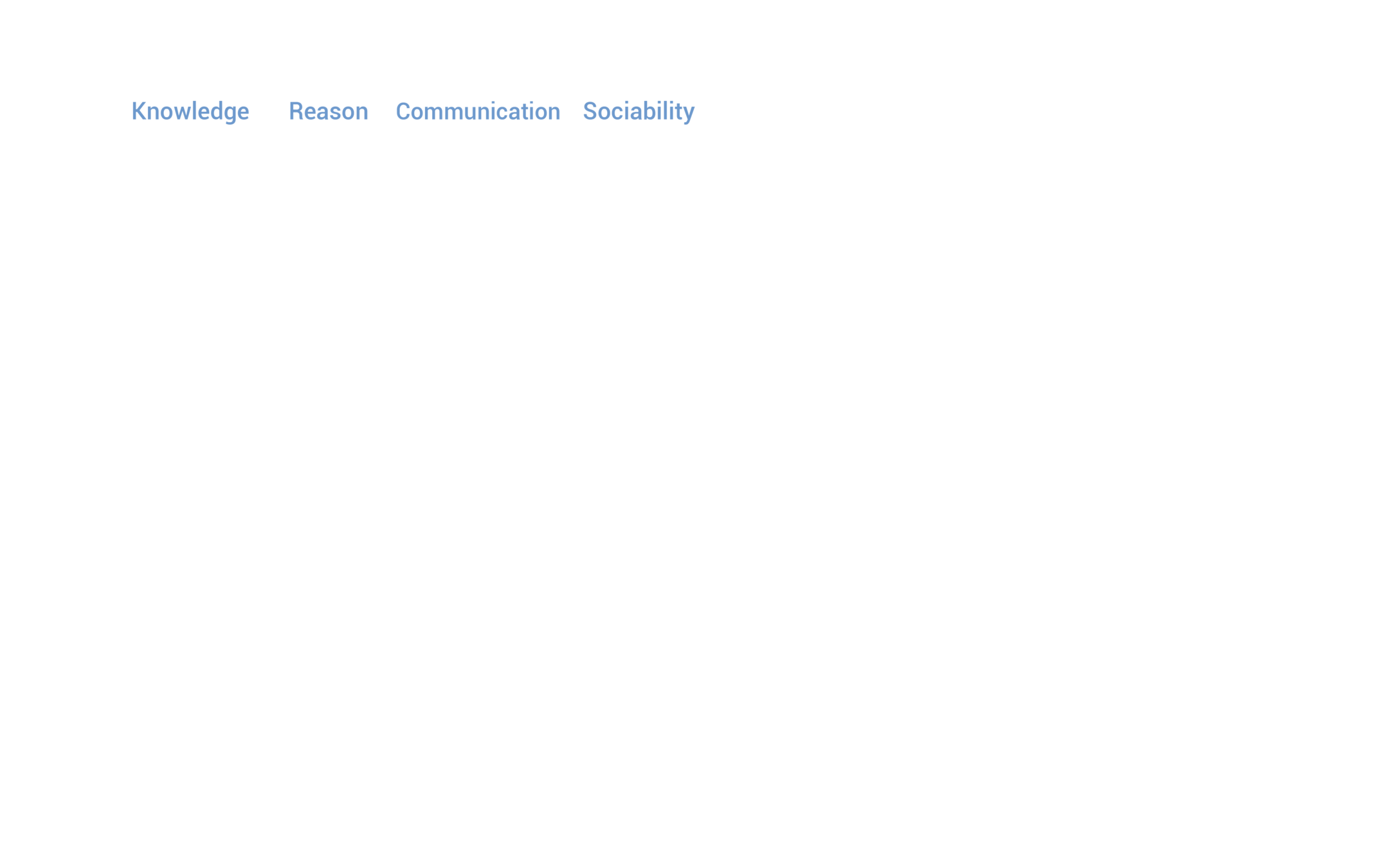
Initially Unconcious
Yet, these Four Capacities of Human Culture do not evolve in a vacuum.
They are motivated and facilitated
by one other human capacity that affects them all:
Emotions trigger automatic responses in our mind and body...
(*For example, Joy or Anger cause our facial expressions or increased heart rate without our conscious choice.)

HUMAN CULTURE
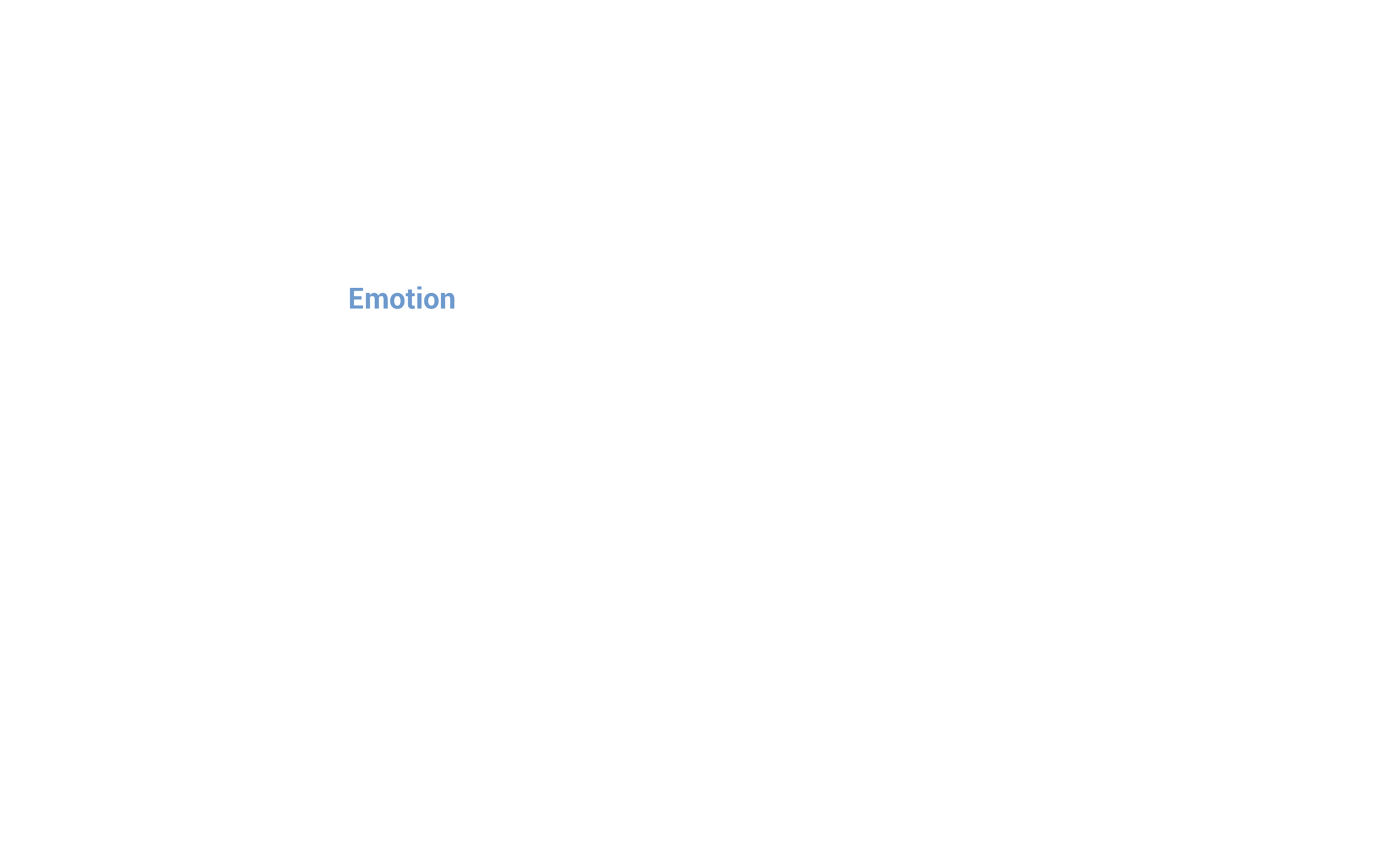

that are initially unconscious*.



Situation
In any given situation…
(*For example the human brain judges the trustworthiness of a person within around 1/10th of a second.)
Emotions trigger our perceptions within milliseconds...





HUMAN CULTURE

Initially Unconcious

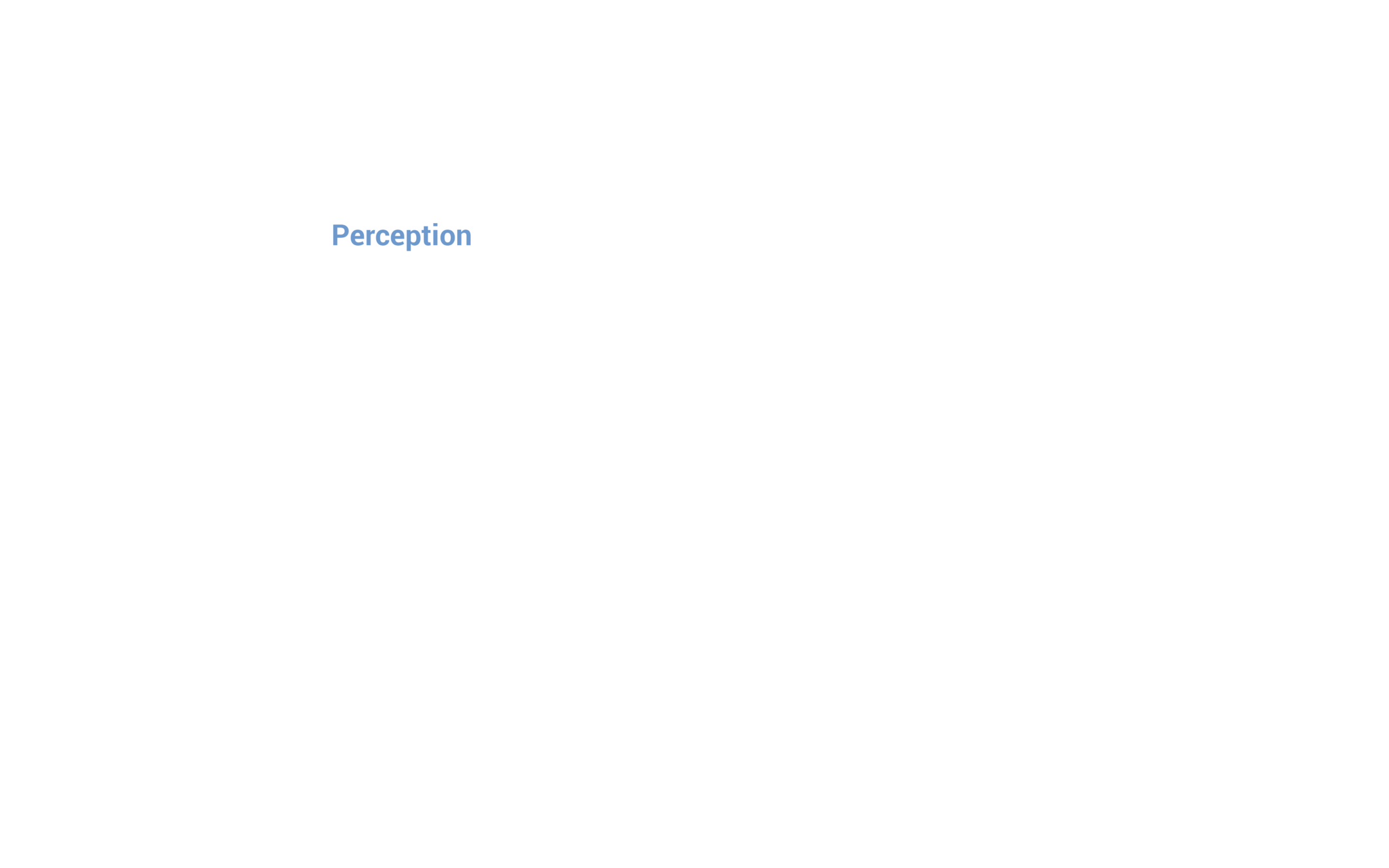

...and our Perceptions trigger our Interpretations.


Situation




Our unconscious perceptions then affect:
1. What knowledge our mind remembers (*Selective Memory)
2. What reasoning we choose (*Motivated Reasoning)
3. How and what we communicate (*Communication Styles)
4. How and with whom we socialise (*Social Tribes)


HUMAN CULTURE




Our perception of a situation is not only shaped
by the emotions of the moment,
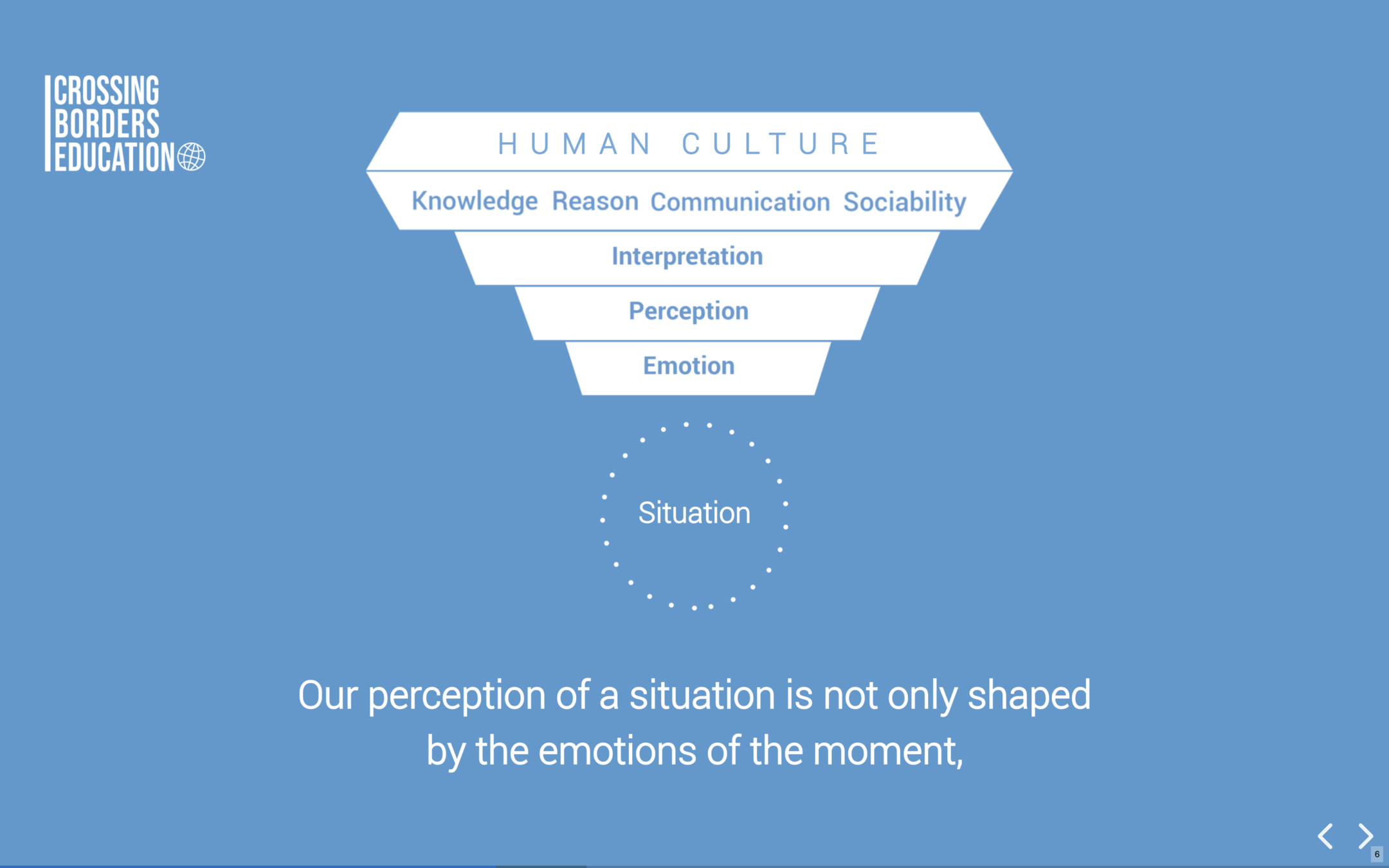

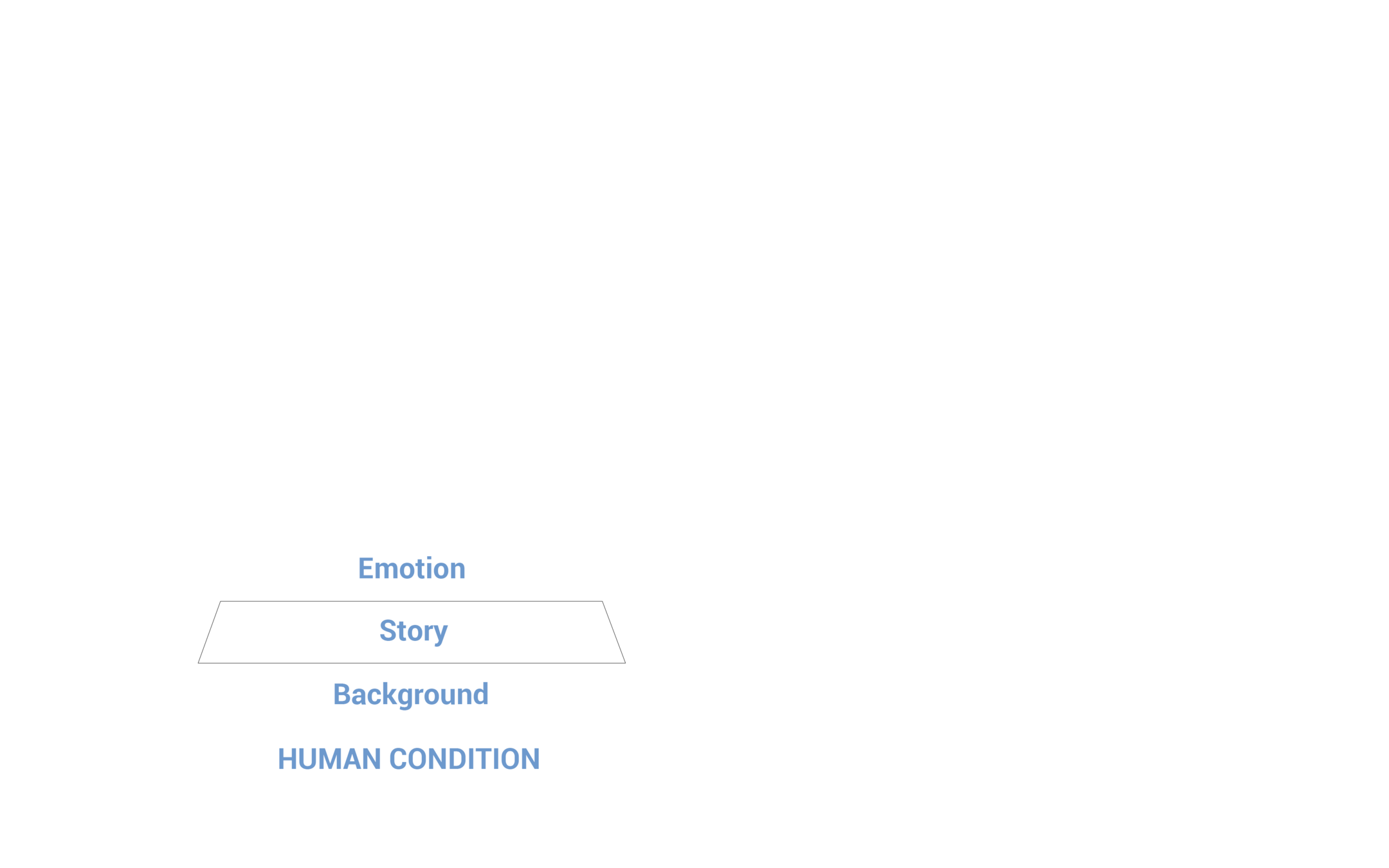


Our Memorised Emotions
were formed by our Individual Story,
which was shaped by our Personal Background.

Meaning, our memorised emotions
automatically affect our emotions in a situation.





Our background, stories,
and emotions are based on our Human Condition,
which is shaped by self-preservation strategies such as:

HUMAN CONDITION
Tribalism
(that makes us favour our in-group)
Motivated Reasoning
(that makes us blend out ‘unwelcomed’ knowledge)
Us vs. Them Thinking
(that makes us view the other as an opponent)
Selective Empathy
(that makes us empathise with people we identify with)

These strategies secured our survival in our evolution as tribes,
yet are now threatening our survival on complex global issues.

This process is mostly unconscious to us.
Our human condition shapes our background, story and emotions
which shapes how we experience a situation
which shapes our emotions, perception and interpretation.







“We like to think that we apply our rational
arguments to reach new conclusions.

Inspired by Nobel Laureate Daniel Kahneman
Yet, mostly it is the other way around:
We unconsciously select arguments
that affirm our already established conclusions.”

Human Balancing - Act I
By crossingborderseducation
Human Balancing - Act I
- 771



